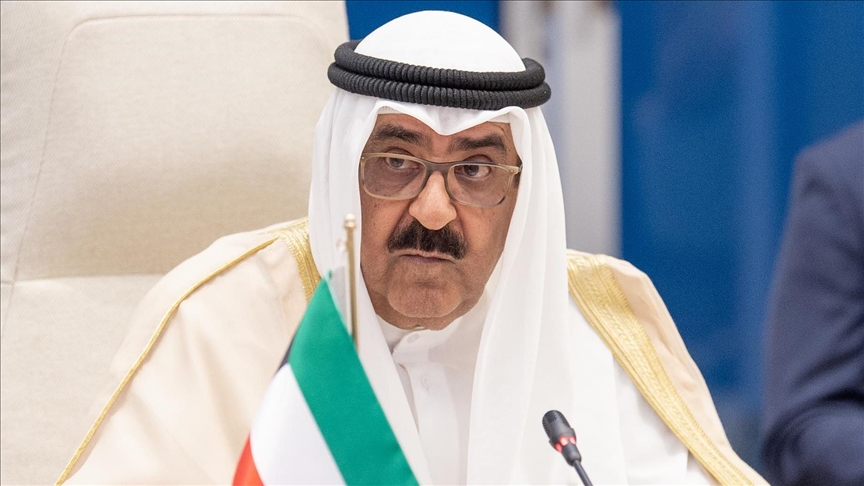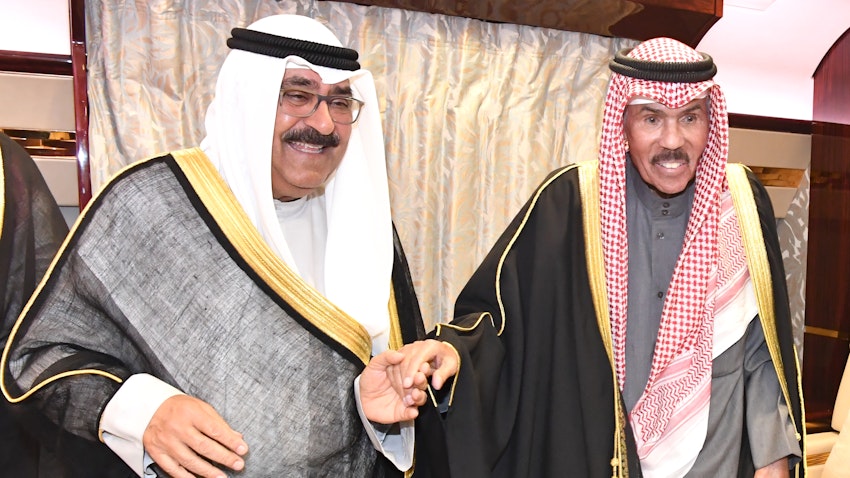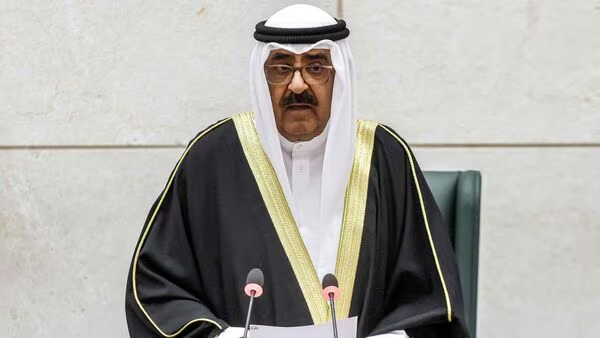In a move that marks a new direction for Kuwait, Crown Prince Sheikh Mishal Al-Ahmad Al-Jaber Al-Sabah has approved a major reshuffle in the country’s Education and Youth Ministries. The announcement has captured national attention, as it comes at a time when Kuwait is aiming to modernize its systems and meet the needs of its growing population.
This reshuffle is not just about new names—it reflects a deeper change in the country’s priorities. With education and youth development being top concerns, the new appointments aim to bring in fresh energy, new ideas, and better execution.
Aiming for Better Education and Youth Programs
Kuwait has long recognized the importance of investing in its young people. The country has one of the youngest populations in the Gulf region, and its leaders understand that the future depends on how well today’s youth are prepared.
The recent changes are expected to improve the quality of education and upgrade youth programs to be more in tune with today’s world. Modern technology, updated curricula, and a strong focus on skills and innovation are likely to be on the new ministers’ agendas.
Meet the New Faces in Charge

As part of the reshuffle, Dr. Adel Al-Mane has been appointed as the new Minister of Education and Minister of Higher Education and Scientific Research. Known for his experience in the education field, Dr. Al-Mane brings a background of academic leadership and administrative expertise.
Joining him in the cabinet is Fahad Al-Jassar, who has been named the new Minister of State for Youth Affairs. Al-Jassar is seen as a promising leader who understands the challenges facing Kuwaiti youth. His appointment is expected to strengthen policies that support sports, innovation, and entrepreneurship among young Kuwaitis.
Both leaders come with the trust of the Crown Prince and a clear mandate—to deliver real results and improve the lives of students and young citizens.
Why This Change Matters Now
The reshuffle comes at a critical moment. Kuwait, like many countries, is facing pressure to adapt its education system for a fast-changing world. From digital learning to future-ready skills, there’s a lot that needs to be done to prepare students for tomorrow.
At the same time, young people in Kuwait are demanding more. They want better job opportunities, more support for creative ventures, and a stronger voice in shaping the country’s future. These changes in leadership aim to respond to those demands with serious action.
Focus on Innovation and Digital Education
Experts believe that one of the biggest challenges facing Kuwait’s education sector is the lack of innovation. The pandemic revealed gaps in digital learning, and many schools struggled to keep up. The new minister is expected to introduce stronger digital platforms, support teacher training, and ensure students have better access to online tools.
Higher education is also likely to see reform. More focus may be given to partnerships with international universities, encouraging research, and aligning academic programs with job market needs. The goal is to build a generation of confident, capable, and creative thinkers.
Youth Empowerment Gets a Boost
The appointment of a new Youth Minister sends a powerful message: Kuwait is ready to take its youth seriously. Al-Jassar is expected to develop new strategies that support sports, community service, arts, and start-up culture.

Many young Kuwaitis are already creating change through social media, technology, and community work. With better support from the government, their impact could grow even further. New funding programs, innovation hubs, and national campaigns could soon be in place to help young talent thrive.
Cabinet Working in Harmony
This reshuffle also highlights the Crown Prince’s approach to governance—one that values teamwork and long-term planning. By bringing in fresh minds and creating clear roles, the government hopes to avoid delays and confusion that have slowed progress in the past.
There’s also a strong focus on accountability. The new ministers will be watched closely, and citizens are eager to see whether real change will follow. Public trust can only be earned through visible improvements, and both ministries are now under pressure to deliver.
Public Reaction Is Mixed But Hopeful
Many Kuwaitis have welcomed the reshuffle, expressing hope that it will lead to better schools and more youth opportunities. Social media has been buzzing with messages of support, as well as questions about what steps will come next.
Some people remain cautious. They want to see real actions, not just titles. There’s a feeling that the country has seen reshuffles before, but actual reform has been slow. Still, the public mood overall is positive, and there is genuine excitement about what the new ministers might achieve.
What Comes Next?
The road ahead won’t be easy. Education reform is a huge task, and building youth-focused programs takes time and teamwork. However, the fresh appointments are seen as a strong start.
The Crown Prince’s decision shows that leadership is willing to listen, adapt, and act. With the right planning and support, Kuwait could take major steps toward becoming a regional leader in both education and youth development.
Final Thoughts
This reshuffle is more than a political move—it’s a message of renewal. Kuwait is preparing for the future by placing its trust in leaders who understand the urgent needs of the present. Whether in classrooms or youth centers, the next few months will reveal how these changes take shape.
As the country watches closely, there is hope that this new direction will bring real improvements—and give Kuwait’s young people the tools they need to build a brighter tomorrow.
Also read: Qatar’s Cow Peas Imports Experience Significant Decline in 2022



